
Latest Articles about Middle East

Iran Joins China in Dredging Russia’s Volga River, Further Solidifying Anti-Western Axis
In moves that may prove more consequential than Tehran’s ongoing supply of drones to the Russian army, the Iran Marine Industrial Company is currently repairing a Russian ship that crashed into ice on the Volga River and is joining China in helping Russia to dredge... MORE
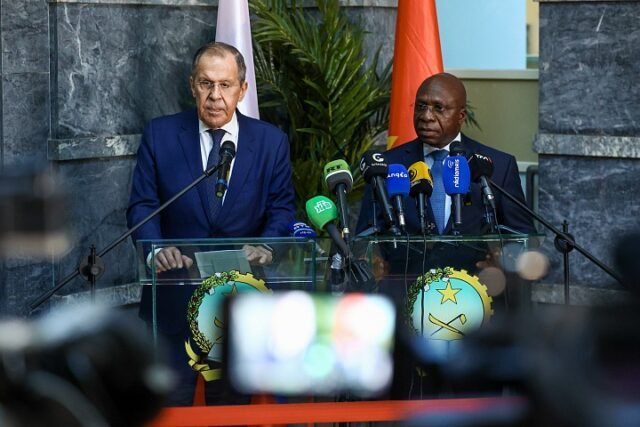
Sergei Lavrov: The African Explorer
As part of efforts to find friends overseas as the Kremlin’s all-out aggression against Ukraine drags on, Moscow’s previously growing efforts to ensconce its influence in Africa have only intensified. The most recent example of Russia’s multi-dimensional campaign in Africa was Foreign Minister Sergei Lavrov’s... MORE
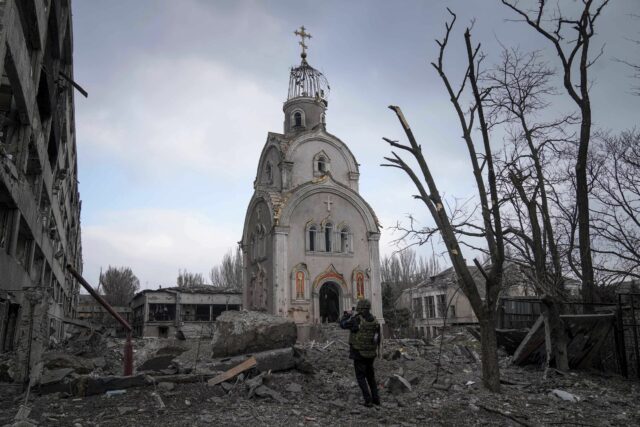
Why Do Russian Politics Tend Toward Notions of the End Of The World?
In January 2023, Emory University professor Mikhail Epstein published his new book, Russian Anti-World: Politics on the Verge of Apocalypse (Lulu.com, January 26). This is perhaps the most profound philosophical study of the political, cultural and psychological transformations that have taken place in Russia in... MORE
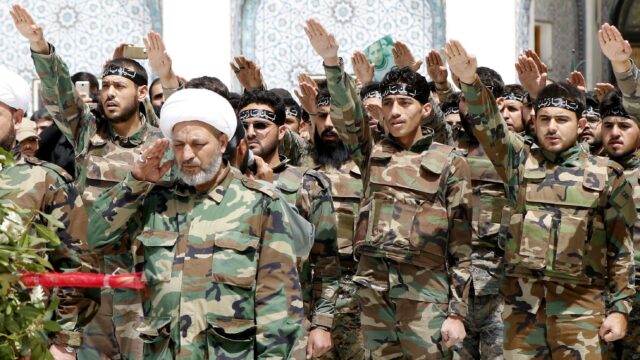
Will Iran’s Fatemiyoun and Zainebiyoun Brigades Reinforce the Russian Army in Ukraine?
In late December, Russian Defense Minister Sergey Shoigu announced a significant expansion of the Russian Armed Forces that would increase its size from 1.15 million to 1.5 million soldiers. The proposal also includes the establishment of new divisions and the recruitment of an additional 300,000... MORE
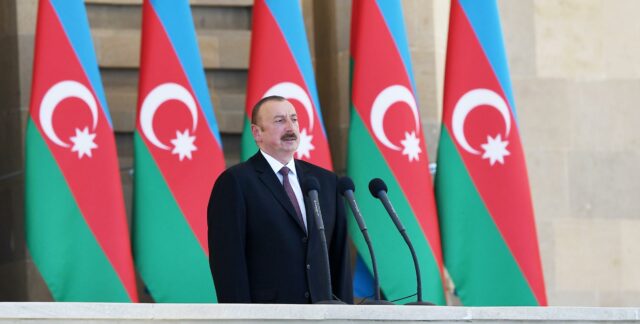
Azerbaijan’s Quest for a Renewed Foreign Policy Strategy in 2023
Throughout 2022, Baku pursued a more activist foreign policy due to developments in the South Caucasus and the surrounding regions. First of all, the Russo-Ukrainian war has been the single major event to influence Azerbaijani foreign policy in the past year. While the Russo-Ukrainian war... MORE
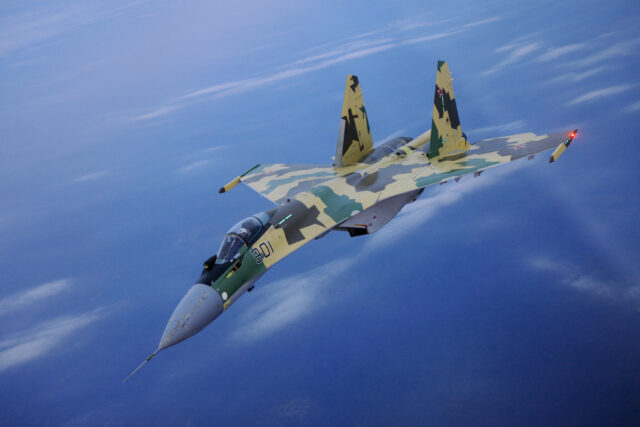
Iran’s Purchase of Russian Fighter Jets Underlines Shifting Regional Geopolitics
The news of Iran’s planned purchase of Russian Sukhoi Su-35 advanced fighter jets is the latest sign of deepening relations between Tehran and Moscow. This development is significant, as in recent years, similar contracts were canceled for the sale of Russian Su-35s to Algeria, Egypt... MORE
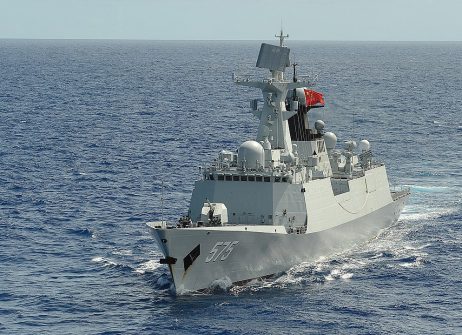
Russia, China and South Africa to Conduct Joint Naval Exercises
From February 17 to 27, the navies of Russia, China and South Africa will conduct joint naval exercises in the Indian Ocean off the coast of Durban, the largest port in South Africa (Africanews.com, January 19). This marks the second time these governments have held joint... MORE
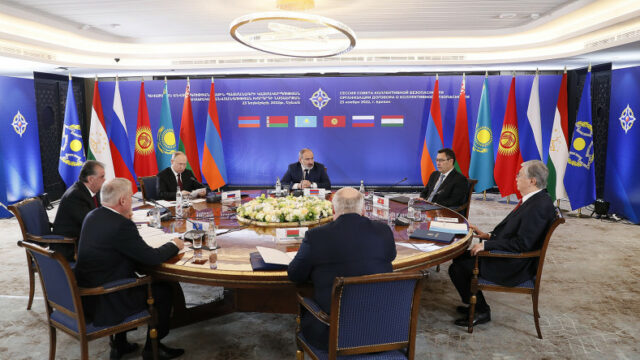
Armenia Tries to Diversify Its Foreign Policy Away From Russia
On January 23, the European Union announced it would be sending a civilian mission to Armenia for a two-year term to document tensions on the border with Azerbaijan (Consilium.Europa.eu, January 23; see EDM, February 8). The EU’s recent decision follows earlier attempts by Brussels to establish... MORE
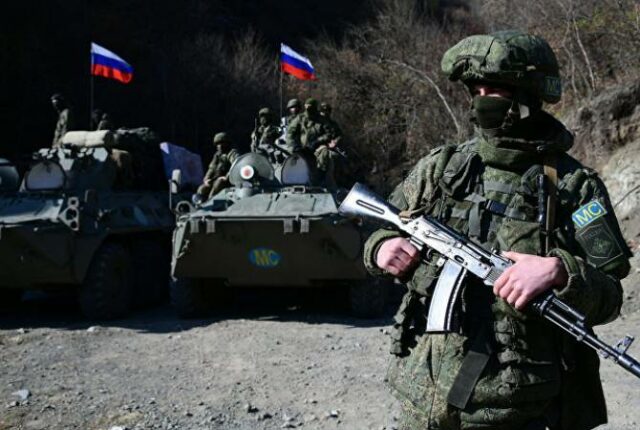
Crisis in Lachin Corridor Risks Triggering Broader War in South Caucasus
As the standoff in the Lachin Corridor—the primary land route into and out of the Armenian-controlled areas of Azerbaijan’s Karabakh region—enters its third month, the humanitarian situation there is rapidly deteriorating, prompting ever-more ethnic Armenians in the region to consider leaving while simultaneously attracting more... MORE
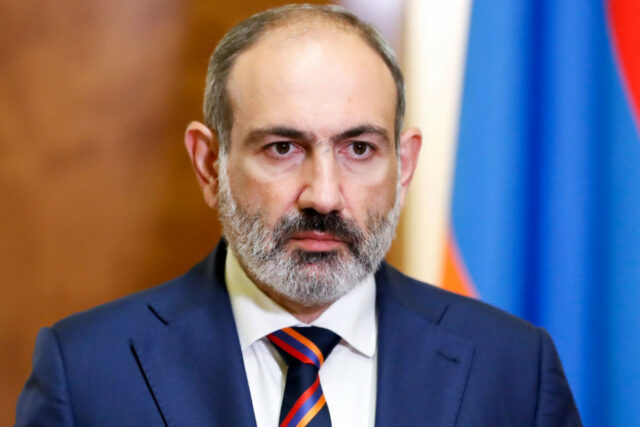
Yerevan and Karabakh Separatists Divided Over Russia’s Regional Security Role
On January 23, the Council of the European Union agreed to establish a civilian monitoring mission in Armenia’s border areas to “ensure an environment conducive to normalization efforts between Armenia and Azerbaijan” (Consilium.europa.eu, January 23). This is the second mission that the EU has dispatched... MORE